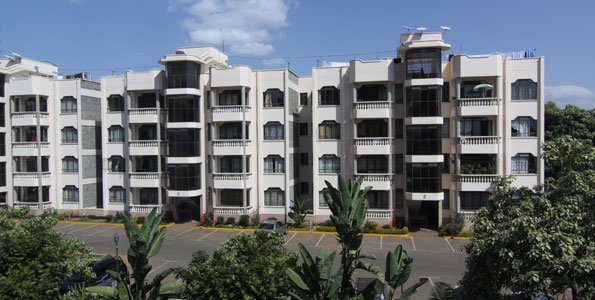Who Owns the Land? Perspectives from Rural Ugandans and Implications for Land Acquisitions
Includes key concepts for understanding land rights; land tenure and women’s property rights in Uganda; land acquisition in Uganda; who owns the land? Perspectives from the local level. Analyses how different ways of defining landownership provide very different indications of the gendered patterns of landownership and rights. Although many households report that husbands and wives jointly own the land, women are less likely to be listed on ownership documents, especially titles, and women have fewer land rights.





